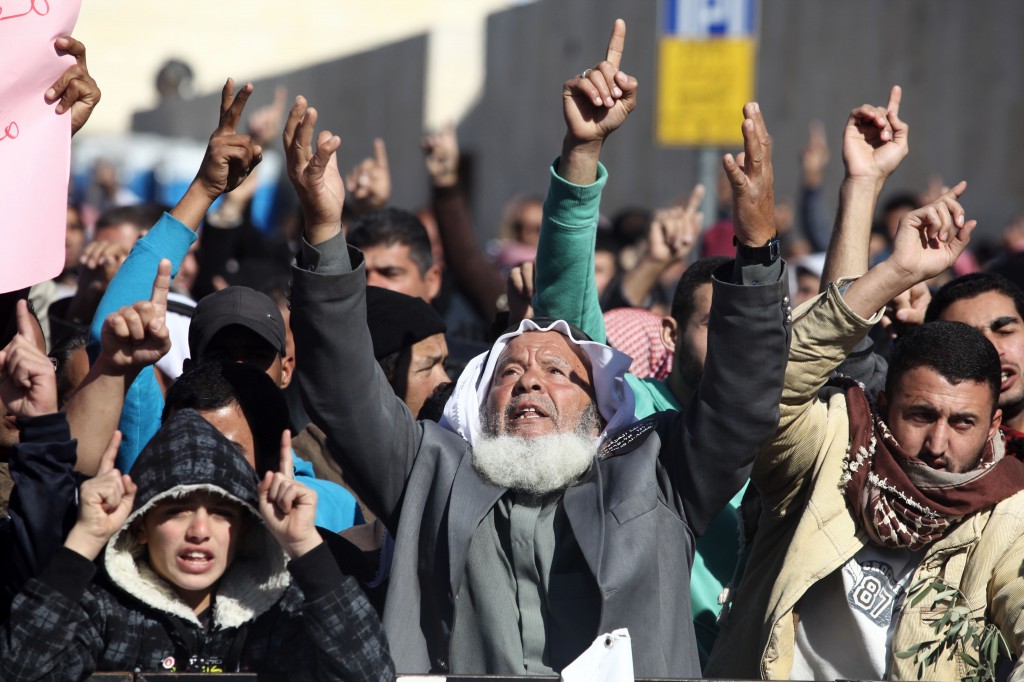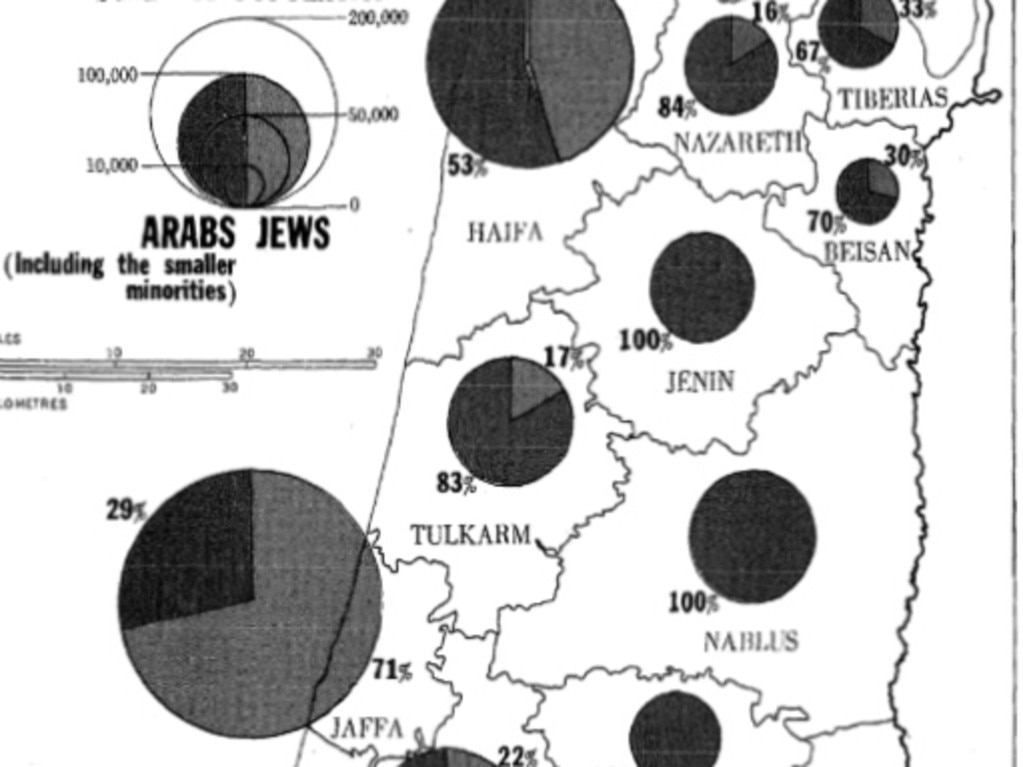Reference
/cloudfront-ap-southeast-2.images.arcpublishing.com/nzme/OPROIYFQTOAN4FCQMY5YTOZRBY.jpg)



OpenAI's Answer
The reaction of the Arab world towards the idea of a Jewish state in Palestine has historically been one of strong opposition. When the United Nations proposed the partition of Palestine in 1947 to create separate Jewish and Arab states, most Arab leaders and the Arab populace rejected the idea. This opposition stemmed from concerns about the displacement of Palestinian Arabs and the disruption of the existing demographic and political landscape.
The Arab states were united in their rejection of the UN's partition plan and supported the Palestinian Arab community's demands for a sovereign Arab state in all of Palestine. The establishment of Israel in 1948 led to the first Arab-Israeli war, as neighboring Arab countries invaded the newly declared state.
In recent years, while there have been some diplomatic shifts, tensions and conflict over the issue continue to be a significant point of contention in international relations. For further details on the topic, you can refer to this CNN article.
Here are some images related to the historical context:
/cloudfront-ap-southeast-2.images.arcpublishing.com/nzme/OPROIYFQTOAN4FCQMY5YTOZRBY.jpg)

Follow Up
Related
How did Arabic translations contribute to the development of Arabic science and philosophy?
How is the Arabic letter Ẓāʾ pronounced in Classical and Modern Standard Arabic?
What are some of the different scripts used for writing Arabic?
Which modern varieties of Arabic are spoken in the Arabian Peninsula and its regions?